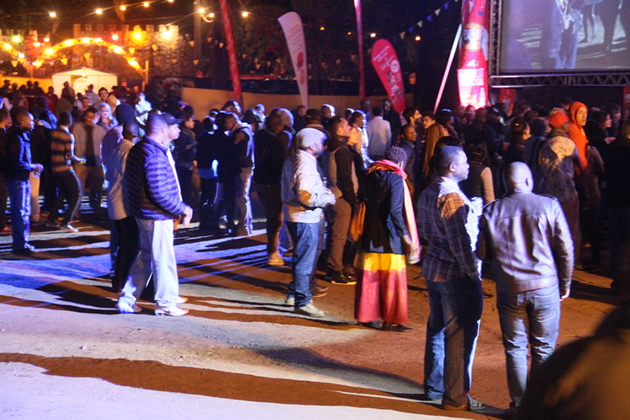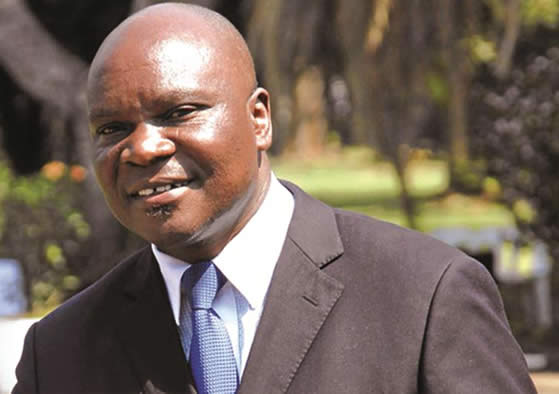What is really going on in Ukraine?


Protesters walk with flags and banners towards St Basil’s Cathedral on Red Square during a rally in Moscow recently
AS a result of the tragic events in Odessa on May 2, 2014 more than 40 people have been killed and over a hundred injured. This is a clear manifestation of criminal irresponsibility of Kiev authorities, supporting radical nationalists, including the “Pravy Sektor” (“Right Sector”). The tragedy in Odessa is another confirmation of Kiev’s stake on force and provocations in the process of pushing forward by all means the elections of May 25, 2014.
The tension in East Ukraine is growing.
Regular Ukrainian army forces amounting to 15 000 are located in the region.
A huge number of tanks, armoured personnel carriers, cannons and mortars, multiple rocket launchers, combat helicopters and airplanes is being used against civilians.
It becomes evident that if in March, 2014 the local population in Crimea did not make a historical choice in favour of reunification with Russia, the right radicals and Kiev’s criminal adventurers would have implemented an even more tragic scenario there.
Using the army against its own people is a crime and leads Ukraine to disaster.
The punitive operation nullifies the launch of the nation-wide dialogue involving all regions and political forces of the country.
Thus, the organisers of a coup d’etat in Kiev, after disrupting the implementation of the Agreement of February 21, 2014, have now trampled the obligations under the Geneva Statement of April 17, 2014 which require to stop all violence in Ukraine as the primary step.
Kiev practically did nothing to start the constitutional process with the participation of all regions of Ukraine which would facilitate surmounting by the country the current acute political crisis.
Holding presidential elections under such conditions looks like a frank gamble of forces seeking in any way to seize the power.
So-called “Acting Prime Minister” Yatsenyuk has stated that some kind of a “nationwide survey” is to take place on May 25, 2014 that will deal in particular with “the decentralisation of power”.
He has already informed that the “Cabinet of Ministers” approved “it’s vision of a regional reform”.
The current rulers in Kiev are allegedly ready to provide additional guarantees to the Russian-speaking population and other minority languages at the relevant territory.
It is impossible to trust these rather doubtful and unclear promises.
In Verkhovna Rada (Parliament of Ukraine) only the representatives of the Party of Regions and the Communist Party call for making Russian a second state language.
Despite all the importance of this issue for a huge part of the country, the pro-government parties do not want even to hear about this possibility.
In the remaining days until May 25 it is impossible to arrange a serious discussion on the most important issues of the organisation of state power in Ukraine involving the whole Ukrainian society and all the regions of the country.
Rude violations of citizen’s basic rights have been taking place in Ukraine.
All the Russian TV-channels are disconnected, journalists have been regularly arrested and sent out of the country.
Despite numerous assurances by the American side that there are no American mercenaries in Ukraine, the English-speaking foreigners were seen among those who attacked Slavyansk.
External intervention in the events in Ukraine is unacceptable.
While inspiring the officials in Kiev for a crusade against the supporters of federalisation, the USA and the EU assume full responsibility for the failure of peaceful resolution of the crisis.
Against this background, the attempts of the Western countries to put Russia to blame for the current events in Ukraine look especially cynical and absurd.
The UN Security Council meeting convened at Russia’s initiative on May 2, 2014 and discussion that took place within its framework once again clearly showed the double standards in the Western approach to the Ukrainian issue.
Only after the insistent calls by the Russian Side to OSCE its representatives could visit the leader of people’s resistant movement of the Donetsk region Mr. P. Gubarev.
He is still under unlawful arrest in the most difficult conditions for his health.
The destiny of other political detainees of Kiev regime is still unknown.
The Article was prepared by the Embassy of the Russian Federation in the Republic of Zimbabwe. Official web-site: www.ruszim.org.zw. www.twitter.com/RuEmbZimbabwe, www.facebook.com/RuEmbZimbabwe









Comments